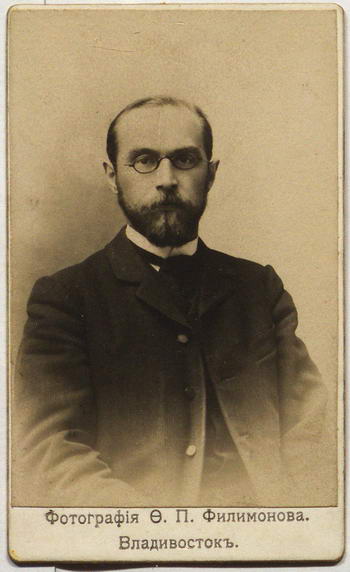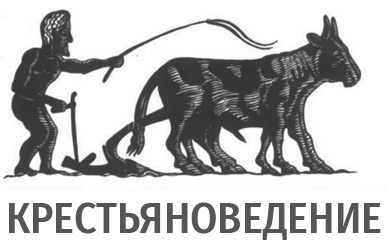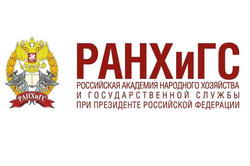Rybnikov Alexander Alexandrovich (1877-1938)
Bibliography of works about A.A. Rybnikov
Rybnikov was born in 1877 at the Alexander-Nevsky station in the Moscow Province (according to other sources, in the city of Ryazhsk in the Ryazan Province) in an impoverished merchant family. His father was from the old merchant family of the Rybnikovs, and his mother was from the family of merchants Schukins.
After graduating from the commercial school in Moscow in 1896, for three years Rybnikov worked as an accountant at the Enzeli-Tehran road in Persia, in 1899-1902 – as an accountant in the South-Russian Industrial Bank in Moscow, in 1902-1905 – as an accountant in the Churin & Co. trading company in Vladivostok.
From 1906 to 1910, Rybnikov studied at the Law Faculty of the Moscow University, and after graduation he prepared for a professorship under the guidance of Professor N.A. Kablukov. In 1911, Rybnikov left the university in protest against the policy of the Minister of Education L.A. Kasso. In 1911-1912, Rybnikov conducted zemstvo-statistical studies of the peasant economy in the Smolensk Province. In 1911, at the All-Russian Congress of Flax Growers and at the Moscow Region Congress of Agronomic Assistance to the Population he made presentations on the development of the Russian industrial flax growing; he met Chayanov and Chelintsev, and they became the founders of the organization-production school in the agrarian-economic thought. In 1915, together with Chayanov, Maslov and Anisimov he established the Central Partnership of Flax Growers that quickly entered the Russian and world flax markets.
Since 1914, Rybnikov taught agricultural economy and statistics at the Saratov Higher Agricultural Courses that turned into the Saratov Agricultural Institute in 1917, in which in 1917-1922 Rybnikov was a professor of the Department of Agricultural Economy and Statistics. In 1917, Rybnikov worked at the League of Agrarian Reforms (as the head of its Saratov branch), at the Main Land Committee and Department of Agricultural Economy and Policy of the Ministry of Agriculture of the Provisional Government headed by Chelintsev. In 1920-1922, Rybnikov worked in the planning bodies of the Lower Volga Region and in the agricultural section of the State Planning Committee of the Labor and Defense Council, and developed measures to fight drought and restore the handicraft industry as a way to ensure the growth of the national economy.
In 1922, Rybnikov was added to the list of those who were to be expelled abroad, but at the request of the Board of the People’s Commissariat of Agriculture and deputy executive secretary of the Council of People’s Commissars his expulsion was canceled. In 1922-1930, Rybnikov taught economics and economic geography at the Timiryazev Agricultural Academy, at the first and second Moscow State University, and at the same time he led scientific research at the Research Institute of Agricultural Economy on the economic description of Kazakhstan and the Volga-Don interfluve region. Since 1926, Rybnikov worked at the section of economic geography of the Russian Association of Social Sciences Research Institutes.
On July 28, 1930, Rybnikov was arrested by the United State Political Administration in the case of the Labor Peasant Party, and on January 26, 1932 he was sentenced to 5 years in a concentration camp but was released from custody due to a mental illness (suspended sentence). After the treatment course, in 1934-1937, Rybnikov worked at the All-Union Institute of Flax in Torzhok. In June 1937, the Moscow Region Planning Committee assigned him to place the fiber flax growing in the Moscow Region in the third five-year plan.
On December 26, 1937, Rybnikov was arrested again, charged with terrorism against the leadership of the All-Union Communist Party (of Bolsheviks) and the Soviet government, and on September 16, 1938 he was shot by the sentence of the Military Collegium of the USSR Supreme Court. Rybnikov was rehabilitated on this sentence in 1963 and fully rehabilitated on the Labor Peasant Party sentence only in 1987.












